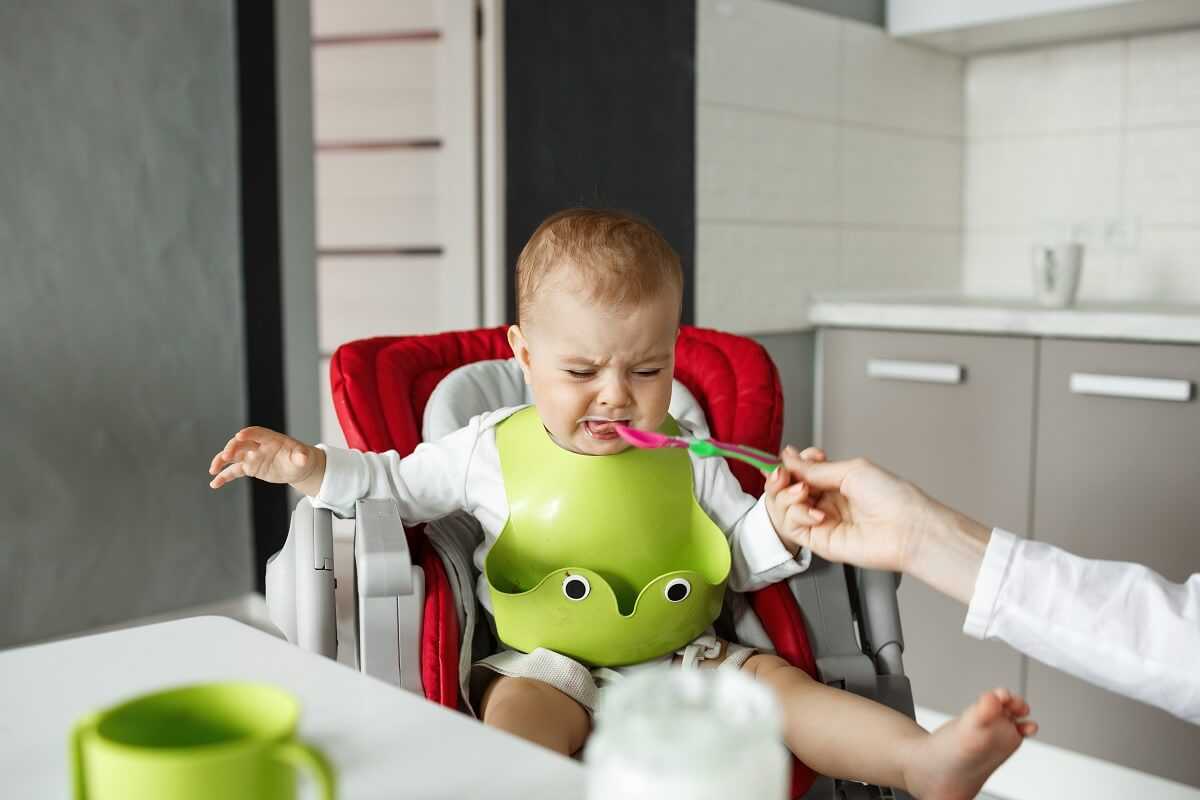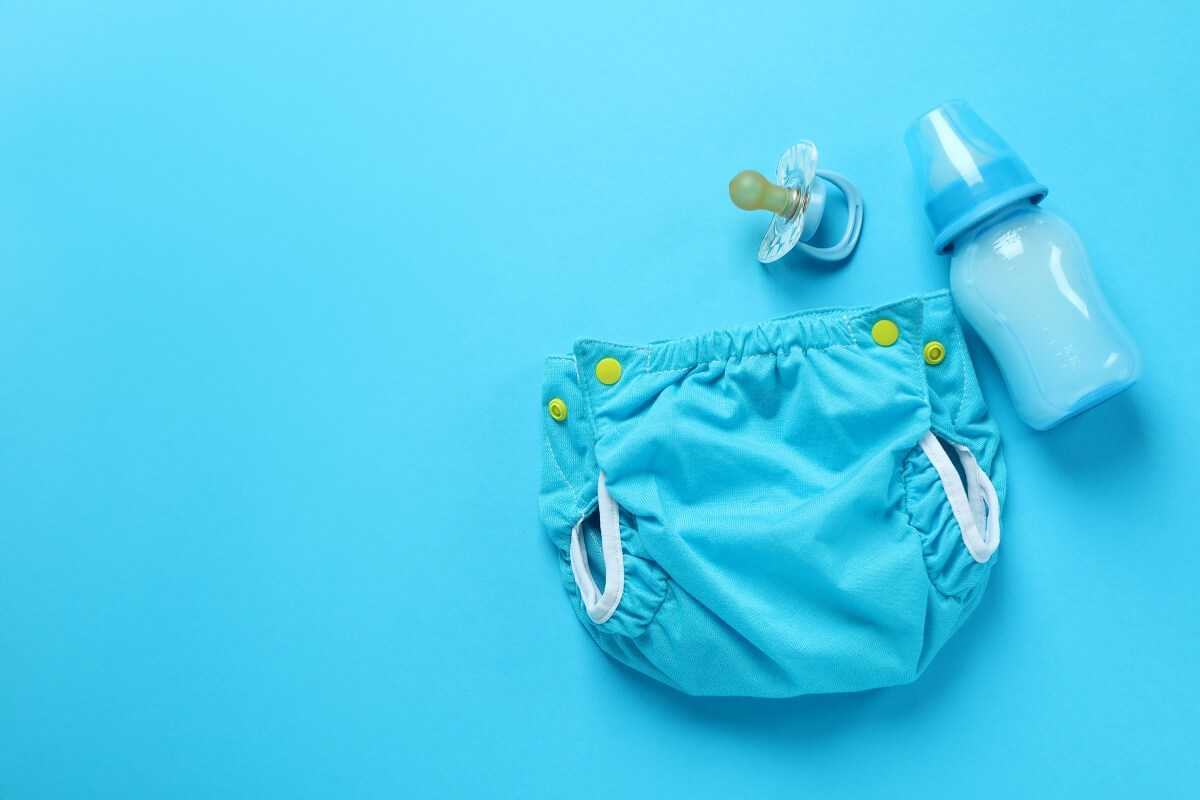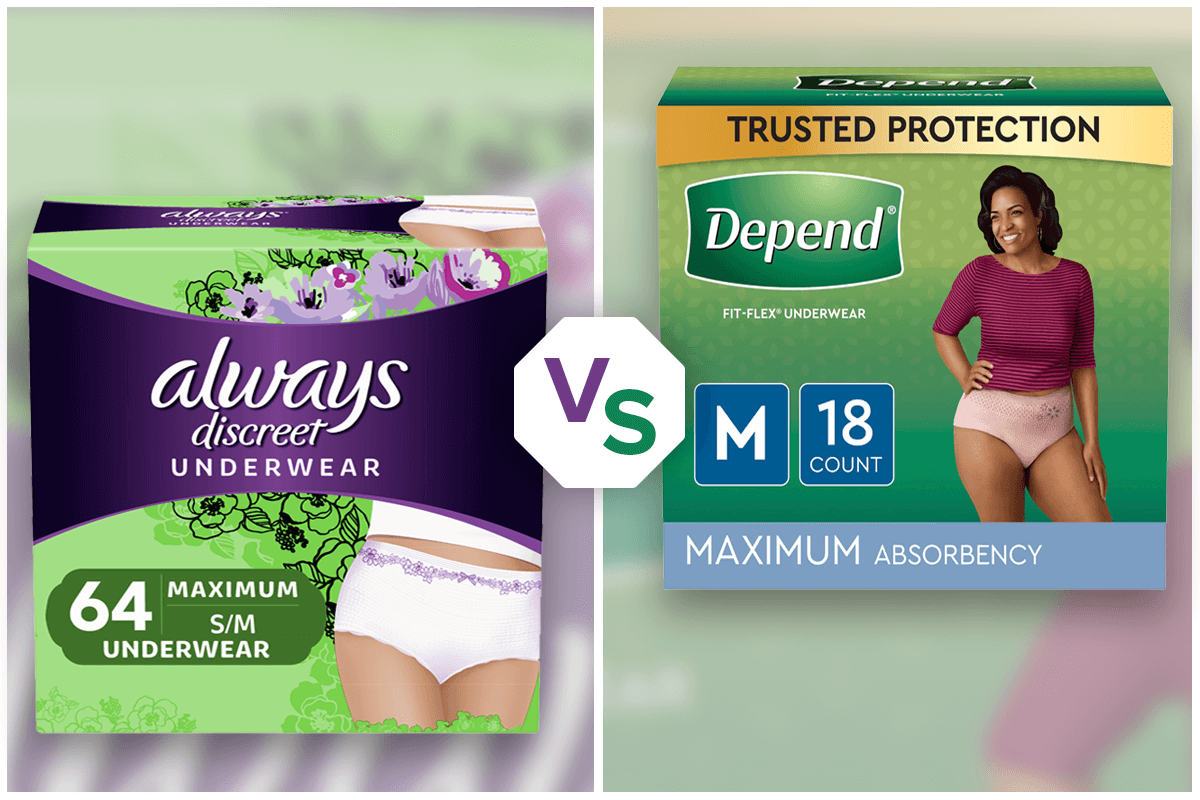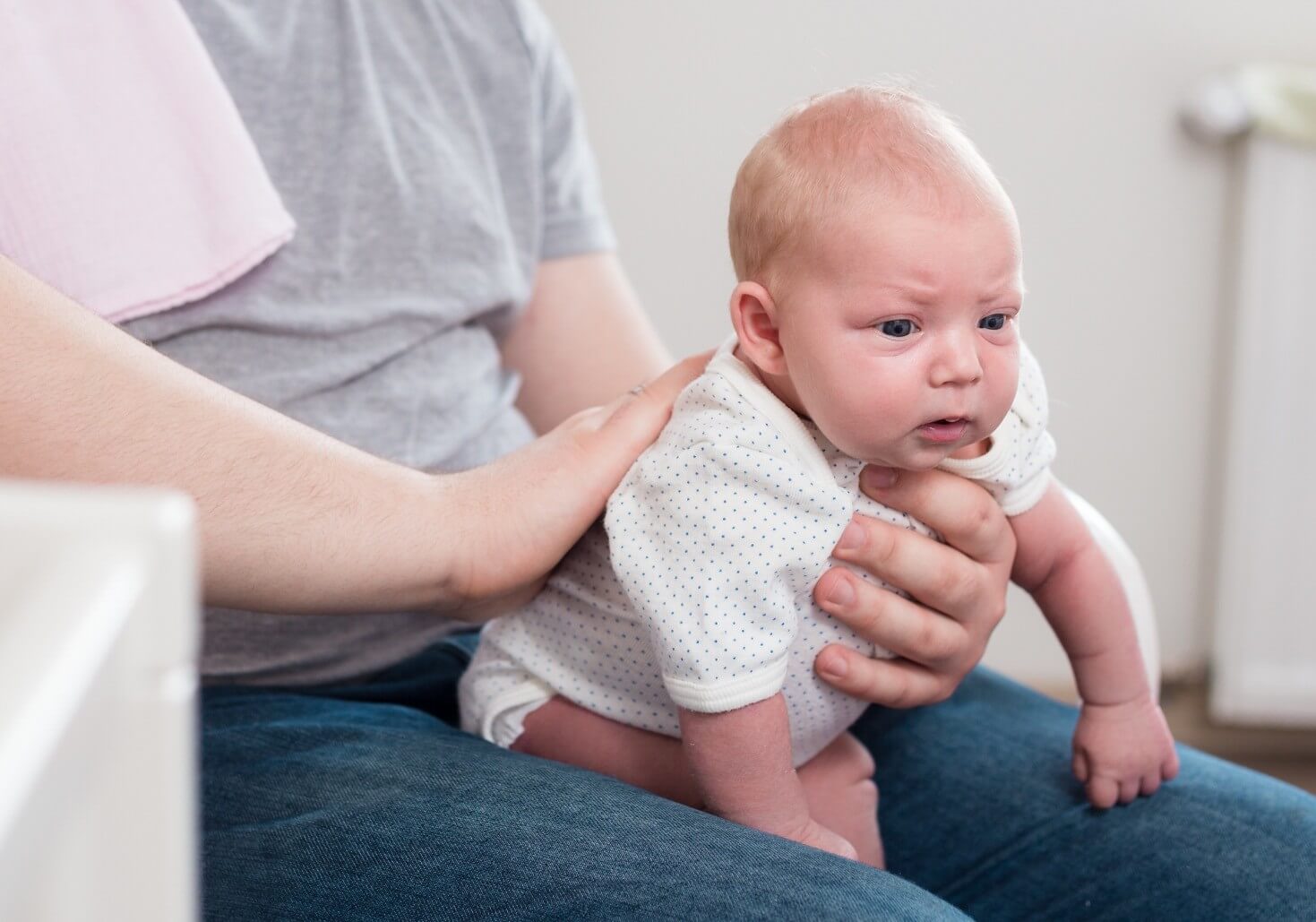Can I Get a Piercing While Pregnant?
Treat positional deformities with helmet therapy in new borns.
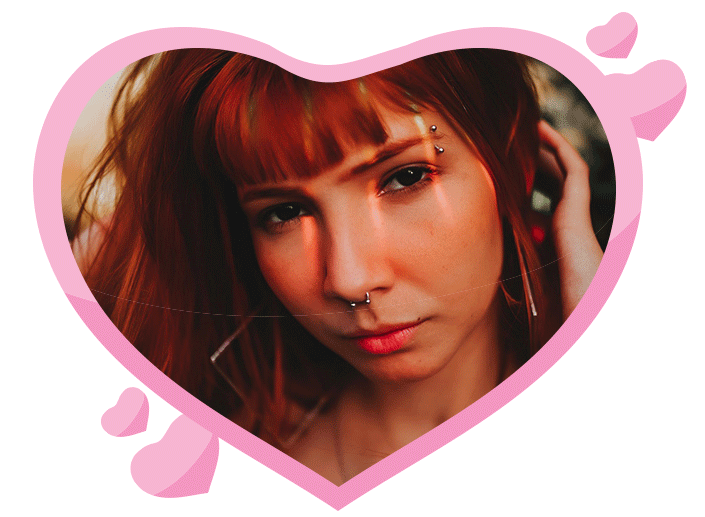
Can you get a piercing while pregnant?
No, it’s not recommended that you get a piercing while you’re pregnant. The risk of getting an infection is higher during this time because pregnancy weakens your immune system. You and your baby both can be severely affected by this potential infection.
If you already have piercings before your pregnancy that have fully healed, you don’t need to remove those. It also includes belly button piercing but if you have nipple piercings or genital piercings then it’s best to remove them when you are in your third trimester. This is to prevent any complications from arising during breastfeeding or any issues at the time of giving birth.
You also have to be extra cautious with your piercings and regularly clean them with water and soap so you can reduce the risk of infection popping up.
Why can’t I get piercings while pregnant?
It is not safe for you to get a piercing when you are bearing a child. The primary reason is that there is a high chance of getting an infection in the piercing area even if the procedure of piercing is safely performed. If any infections occur then they will likely get mixed into your bloodstream and it’ll be extremely harmful to your baby as they do not have as strong an immune system as any typical healthy adult human being.
During pregnancy, your immune system will also fall short and it’ll be too weak to fight the infection. This is why to protect you and your baby, doctors recommend not getting a piercing when you’re expecting.
Some other risks if you get a piercing while Pregnant
Here are a few other risks other than getting an infection in getting a piercing while pregnant.
- The jewellery metal might cause an allergic reaction that can be severe enough for you to end up in a hospital and you don’t want that when you’re carrying your little bundle of joy within you.
- Itching and irritation are fairly common even when you get a piercing when you’re not pregnant but it heightens the reactions.
- In some extreme cases, (and I’m adding this to give you full disclosure of knowledge) you might get hepatitis or HIV from the needle used for piercing.
If you go to a reputed and well-known piercing parlor, they will refuse to extend their services to you if you’re pregnant since the risks are not worth the trouble. Personal advice for when to get your next piercing is to wait for at least 3 months after your delivery when your body has healed from the excruciating pain that has taken a toll on your health. Doctors recommend the same to pregnant women who want to get tattoos.
During pregnancy is it safe to remove pre-existing piercings?
Typically there is no medical reason for you to remove the piercing when you’re carrying a child. Your doctor may also suggest leaving fully healed body piercings alone throughout your pregnancy.
However, if you’re keeping the piercings in then you need to be careful and clean them with water and soap every day. You need to make sure that you are not getting in contact with any bacteria, especially in the area where the needle has punctured the skin.
If you find the place of piercing irritated or itchy or feel a burning sensation you need to take them out and not wear them again until after you’ve safely delivered your little bundle of joy. If you find your piercing getting stuck on clothes then also you need to follow the same.
The amount of time a piercing needs healing depends heavily upon the body part where the needle has punctured. Generally, it doesn’t take more than 3 to 6 months to fully heal. So if you have any piercing that you got recently or a short while before finding out that you’re with a baby then you have to keep a very close eye on that piercing.
Any potential infections may show up and you need to contact your health care provider such as a midwife or your OB/GYN if you experience the symptoms I’m mentioning below:-
- If you have a painful feeling or a burning sensation in the puncture area.
- If you can see red lines coming from the piercing area or redness around the area.
- If you notice pus or any discharge coming out of the puncture area.
- If you see a lump or a swollen bump near your piercing.
- If you have a fever.
Belly button piercings and pregnancy
If your belly button piercing has completely healed before you were pregnant then it is completely fine. This means that you have to have your piercing done 6 six before you find out about your pregnancy. However, as you go along your pregnancy, you’ll find your belly button ring tightening because of the stretch of your belly expanding.
If it becomes uncomfortable to keep on the belly button ring piercing then you should remove it. This happens often to pregnant women with belly button piercings whose belly button pops. Don’t worry you can stick it back in after a few months of your delivery.
I understand that you might worry that the piercing hole might get closed, which sometimes happens if you take the piercing out and leave it like that for a couple of months. Now, this is entirely a suggestion considering your piercing has healed completely.
You can replace the metal object/jewellery (i.e. the piercing metal) with a piece of fishing line (a clean one) or you can replace it with Teflon body jewellery (this is also called polytetrafluorethylene or PTFE). The jewellery would flex itself with your expanding belly.
Belly button piercing and delivery of the baby
Generally, if you’re having a vaginal birth process, a belly button piercing will not interfere with the process. But if you’re having a C-section or caesarean section then a belly button ring could become a problem. Regardless of doctors doing the C-sections along the bikini line area and not going anywhere near your belly, it still possesses a threat.
Belly button piercings also need cleaning daily with soap and water and it is better to remove them before your delivery since they can collect bacteria and lint fairly easily which is not at all hygienic.
Are ear and nose piercing okay while pregnant?
No, it is best to not pierce anywhere on your body while you are pregnant. If infection arises, it can easily mix with your bloodstream which can travel to affect your baby as well as you. Nose and ear piercing might seem safe because they are far from your baby and heals quickly but there is always a chance of getting infected with bacteria which your weakened immune system cannot handle and you do not want this during your pregnancy.
Nose Bleeding and runny nose are common symptoms of pregnancy and if you get a nose piercing, the bacteria will easily come in contact with your blood through the piercing wound. Ear piercings are also not safe because most shops fail to properly sanitize the equipment especially when it’s a gun and not the needle.
Professional piercers recommend that you wait at least 3 months after your delivery before you consider piercing your earlobe, helix, or cartilage.
Is nipple piercing safe during pregnancy
Not, the risk of infection is very high since your nipples and the tissue around them would be highly sensitive. The infections can travel to your milk ducts, develop mastitis and get torn skin because of tugging when taking off or putting on clothing.
If you have a nipple piercing before your knowledge of being pregnant and it has healed completely, you technically can leave it as it is but since your body (especially nipples) would go through various changes during pregnancy, it’s best to take them off.
You should remove nipple piercing when you are breastfeeding your baby as it can be a choking hazard, and can cause nerve damage which affects your milk flow as well as the production of milk in your body.
So when breastfeeding, you have to remove your nipple piercing for good. If you keep putting them off and on because the risk of infection rises. You also have to wash your piercings, your nipples, and your hands thoroughly after each session so all this trouble is not worth it and has more risks for both your baby and you.
What about genital piercing?
It is not even a discussion about whether genital piercings are okay during pregnancy because your vagina would have a ton of hormonal changes. The discharge would also increase along with your vulva and labia changing their appearances. It is very likely you’d feel uncomfortable having a genital piercing during this time. Also, you have to clean the genital piercing every day with soap and water to decrease the risk of infections.
However, if you feel no discomfort and your health care provider also allows it to remain on your body during your pregnancy then it’s okay. Keep in mind that removing the jewellery when your due date is close is the smart thing to do since the area will go through stretching, tugging as well as pulling of various muscles during the delivery of your baby. Having a genital piercing will increase the chances of tearing when you’re the option for a vaginal delivery.
Conclusion
It is always better to avoid any type of piercing while pregnant as the cons outweigh the benefits. The top priority is to keep yourself and your baby out of infections and risks so that you can have a smooth delivery in the process.
More For You!
Game On Mommy
© Copyright 2023 by Gameonmommy.com. All rights reserved. We are a participant in the Amazon Services LLC Associates Program, an affiliate advertising program designed to provide a means for us to earn fees by linking to Amazon.com and affiliated sites.

